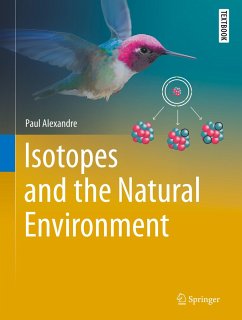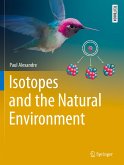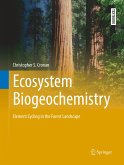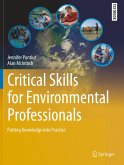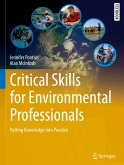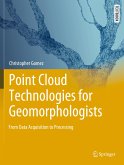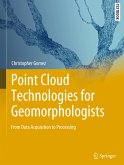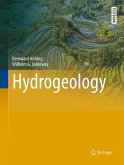This book provides straightforward and practical information on isotopes applied to a variety of natural sciences. It covers the basics of isotopes and includes detailed examples from a range of natural sciences: ecology, biology, human health, environment and climate, geography, and geology, highlighting their applicability in these fields. It is a must-read for all advanced-undergraduate and graduate students working with isotopes, regardless of the area, and is a very useful one-stop resource for scientists starting in isotope research.
Bitte wählen Sie Ihr Anliegen aus.
Rechnungen
Retourenschein anfordern
Bestellstatus
Storno

